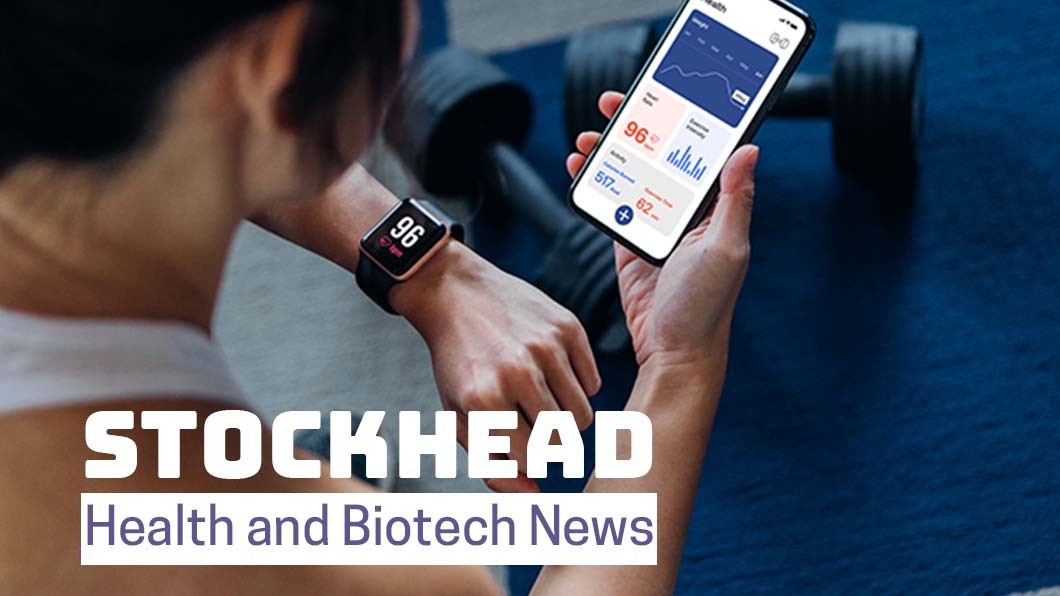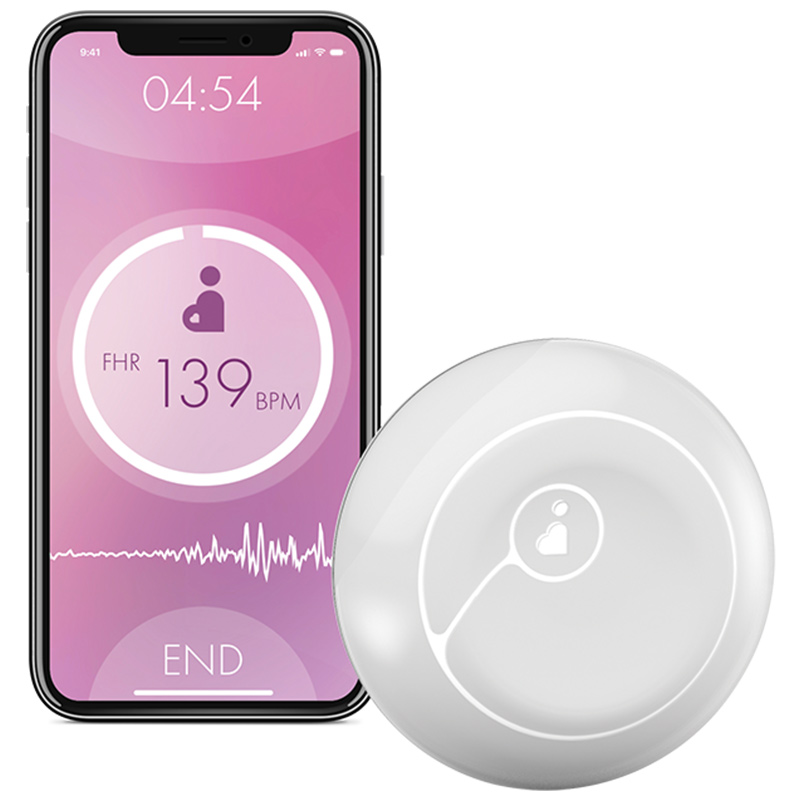HeraMED’s pregnancy monitors just won over one of Brazil’s biggest healthcare providers

Pic: Oscar Wong / Moment via Getty Images
Special Report: A year earlier than expected, HeraMED has signed a huge deal with a major healthcare provider to use its pregnancy monitoring devices and software services.
Barely two months after listing on the ASX, pregnancy monitoring company HeraMED (ASX:HMD) has won over a major healthcare client.
Hapvida is one of Brazil’s largest healthcare companies, with a network of 27 hospitals, 74 clinics, 17 ready-to-care sites, 72 diagnostics imaging units and 67 laboratory collection stations across 11 states.
It completed its own IPO on the Brazilian Stock Exchange in April last year, raising a whopping $1.38 billion, and currently services some 3.8 million people.
As with healthcare providers the world over, many of those 3.8 million pregnant – Brazil has an estimated run rate of around 2.8 million pregnancies a year, compared to less than 200,000 in Australia.
Soon, up to 100 pregnant Brazilian women will be able to listen in on their own unborn babies with HeraBEAT, HeraMED’s smart ultrasound foetal heart rate monitors.
It’s part of a pilot scheme HeraMED has been working on establishing with Hapvida for the past year, but the deal announced to the ASX today has come 12 months ahead of expectations.
“This was actually planned to be launched next year,” HeraMED CEO David Groberman told Stockhead, “but what happened was that we’d been working with this big Brazilian entity, Hapvida, for quite some time now in order to establish this other component, connect it to their own platforms, their own CMR (Computer Medical Records) dashboards and so forth, make sure that the data is securely and accurately uploaded.
“And they’ve now agreed … to pay extra for the set-up fees, the licensing of the technology and the use of our medical cloud as an infrastructure.”
The “other component” Mr Groberman is referring to is HeraCARE, the company’s specialty SaaS and cloud based monitoring service.
Pregnancy data in real-time
Both parties are collaborating to connect HeraBEAT to Hapvida’s Electronic Medical Record systems, allowing physicians and nurses to monitor data in real time.
HeraMED hopes to become the market leader and sole provider of real time pregnancy data to hospital staff and expecting mothers. It has a strategy of working with top tier healthcare providers and integrating solutions into their workflow, adding revenue for HeraMED via cloud integration and SaaS initiatives.
Based on an “achievable” product uptake of 1.5% in Brazil, HeraMED could generate around $700,000 per month from subscription based fees alone.
It also expects to roll out services across Europe, the US and Australia, which would generate $28 million in device sales alone. The devices are sold for $299 straight to the customer.
Subscription fees of $10.95 per month will be earned through the establishment of HeraCARE, underpinning significant revenue for the company.
HeraMED hopes to not only to sell devices to hospitals and clinics and expecting mums, but also to build an entire platform on top of that which allows either a commercial partner to provide medical consultancy services, like a call center for professionals or an actual healthcare provider.
“The idea is to eventually partner with such entities and be able to offer the unit itself but we want to add a layer of service on top of the hardware in which professionals can have access to this data, these measurements, and analyse that for patients,” Mr Groberman said.
“But it is a pilot,” he added. “They are acquiring 100 units to go under a pilot. We don’t have honestly all the details with regards to how long the pilot will take.”
“We don’t have the licence yet, but the idea is that once that it is proven to be reliable and accurate and efficient, our goal and hope is that … obviously we can then come out to other hospitals.
“We’re already working with in Israel and others, so hopefully we will have a real-life demo and proof in the pudding where it actually works and we have some metrics and the numbers to show how efficient it is.”

- Subscribe to our daily newsletter
- Bookmark this link for small cap news
- Join our small cap Facebook group
- Follow us on Facebook or Twitter
It’s in the details
Hapvida originally insisted on taking the HeraBEAT data, moving it to their cloud and analysing it on their own platforms, but HeraMED worked hard to convince them to use HeraMED’s own platform and cloud service.
That came with a lot of pressure and responsibility on HeraMED’s IT team to get it right. With cloud services and sensitive medical data come numerous privacy and security concerns to overcome.
“Definitely,” Mr Groberman said. “When you’re working with hospitals, each one of these chain of hospitals have their own IT department with their own requirements and when you’re talking about medical information – in Europe it’s called GDPR – there are all kinds of privacy rules, but it’s pretty straightforward once you have the right infrastructure and components integrated.
“It’s not a copy paste, you still need to make some adjustments, but it’s not that complicated.
“But it’s crucial to the business model.”
Hapvida has secured ANVISA – the Brazilian equivalent to FDA – approval for use in the pilot, and HeraMED will continue to work with Hapvida for full scale ANVISA approval as the trial progresses.
And yes, it “definitely” plans for a rollout in Australia soon.
The plan is to arrive in early February or March and begin the roadshow for potential commercial partners and investors in Perth, Sydney and Melbourne.
And ideally, there will be more to offer in May when the annual shareholders’ meeting is held in Sydney.
“We have a product which practically has the same level of accuracy, safety and reliability as the professional monitors in hospitals that can cost thousands of dollars,” Mr Groberman said.
“It’s the first time that an acknowledged and pretty substantial healthcare provider wanted to connect with us and not only purchase the devices but also the service component, the SaaS and the cloud.”
HeraMED is a Stockhead advertiser.
This advice has been prepared without taking into account your objectives, financial situation or needs. You should, therefore, consider the appropriateness of the advice, in light of your own objectives, financial situation or needs, before acting on the advice. If this advice relates to the acquisition, or possible acquisition, of a particular financial product, the recipient should obtain a disclosure document, a Product Disclosure Statement or an offer document (PDS) relating to the product and consider the PDS before making any decision about whether to acquire the product.
UNLOCK INSIGHTS
Discover the untold stories of emerging ASX stocks.
Daily news and expert analysis, it's free to subscribe.
By proceeding, you confirm you understand that we handle personal information in accordance with our Privacy Policy.








